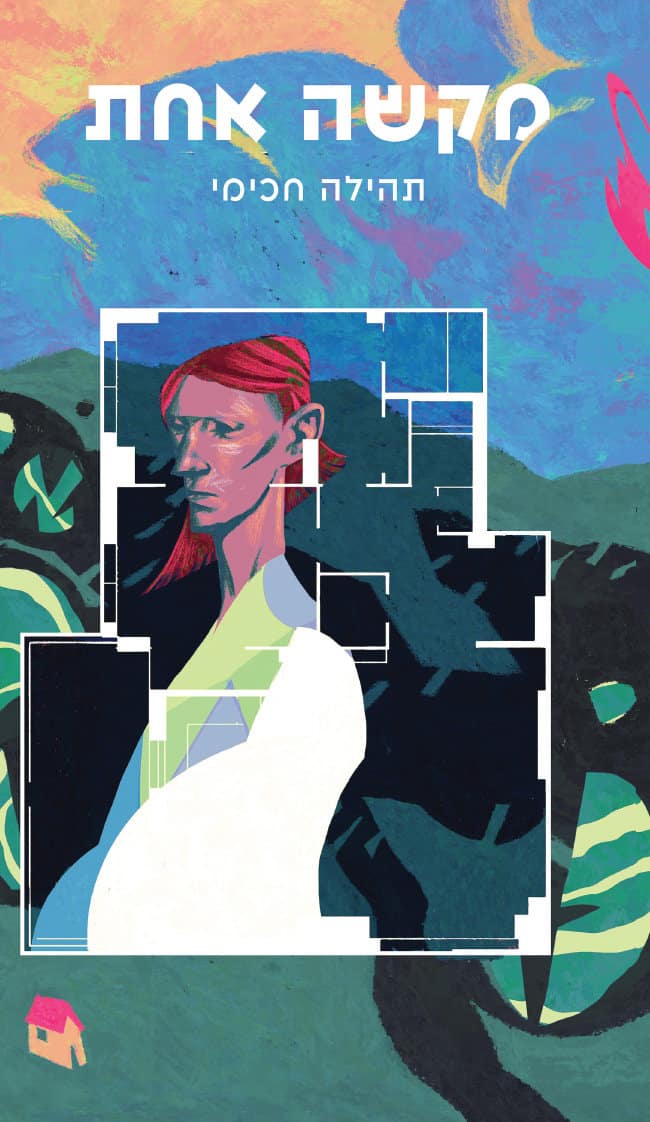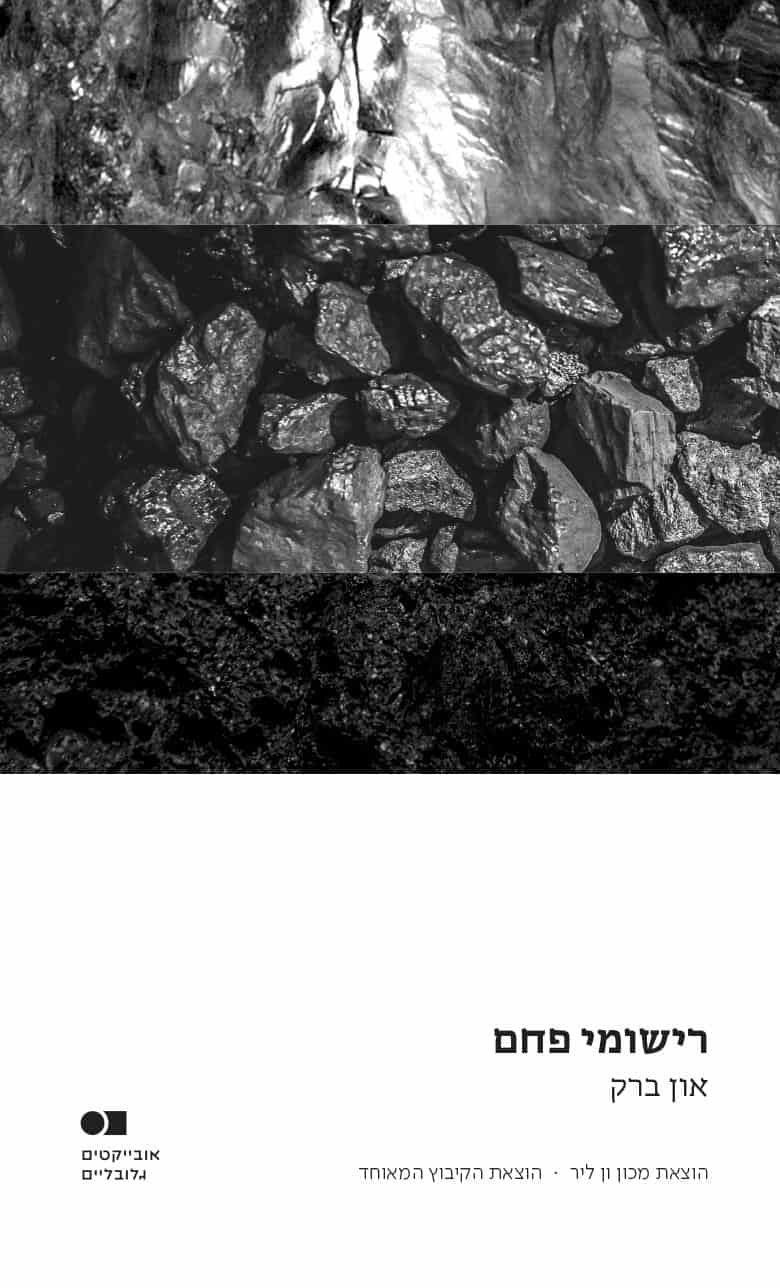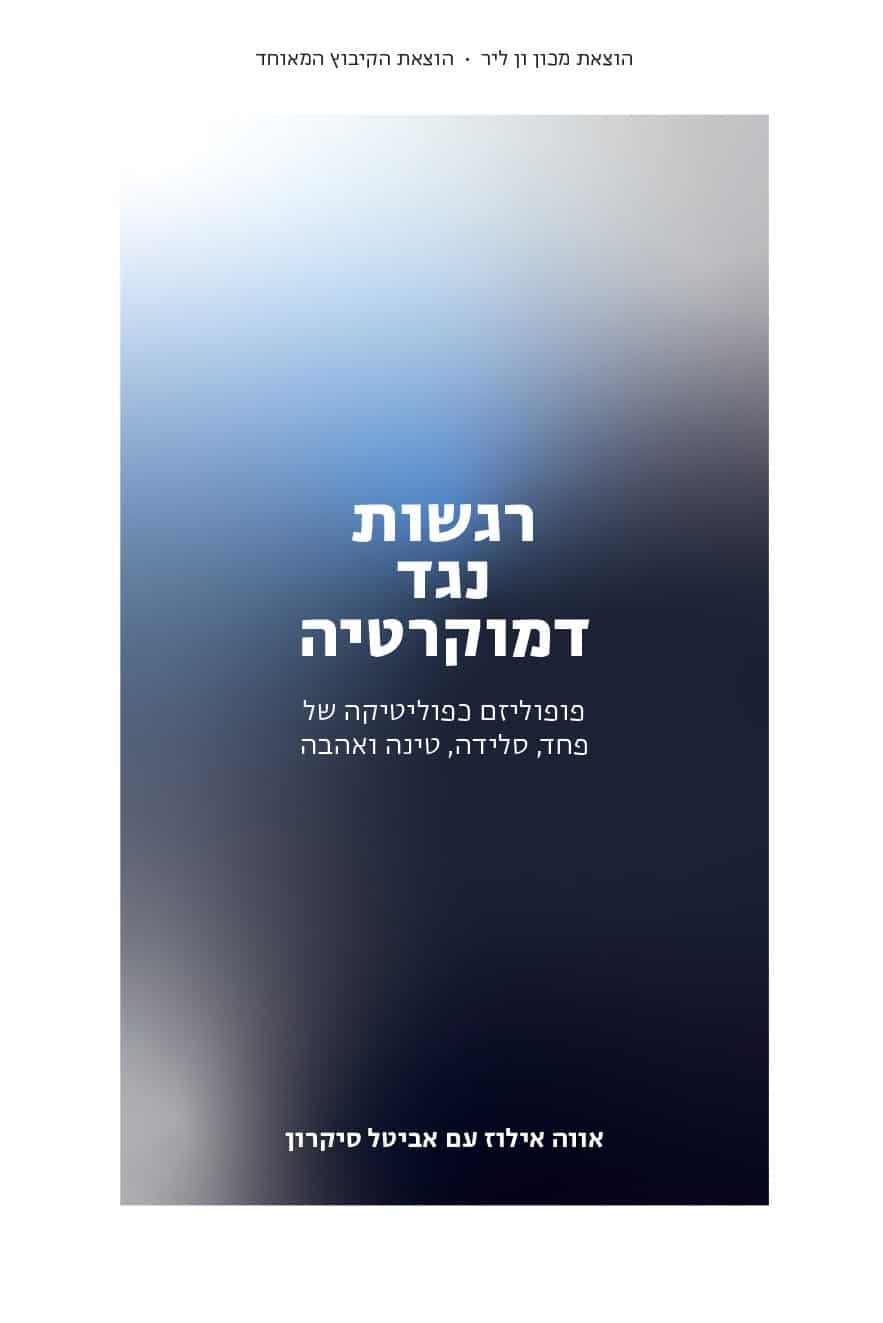Motherland
Four Postcapitalist Novellas
| By | Tehila Hakimi |
| Publisher | Van Leer Institute Press & Pardes Publishing |
| Language | Hebrew |
| Year of Publication | 2023 |
| Series | Speculative Fiction |
Yoram, a landowner who grows watermelons, passes away suddenly. Luna, his granddaughter, comes to the shiva at the home of her grandmother, Elinor. She lives in a family collective, and her relationship with her mother, Noga, who raised Luna by herself, without a father, is flimsy. Hovering in the background of the shiva for Yoram is the memorial service for Alona, the eldest daughter, whose death scarred the whole family and is a secret that Luna carries with her; as well as a bitter dispute over the future of the land, since the new regulations of the Banks of the Jordan government do not allow new private ownership of land, and the entire region is becoming a site of government-managed cooperative agriculture. During the shiva the family members will have to decide the extent to which past decisions dictate their present and what level of vigilance to the demands of the present will enable them to live at peace with the past.
Watermelon Patch is a sophisticated and sensitive family drama, at the heart of which is the issue of ownership, in a society in which the concept of ownership is being tested. What role does property—material achievements—play in defining the relations and identities of its members, and what are the connections between the family structure and the roles within it, and the economic system and the culture based upon it?
Collection: Four Postcapitalist Novellas >
The year is 2066. After a string of ecological disasters, on the one hand, and a technological acceleration that makes a substantial part of human labor redundant and heralds an era of material abundance, on the other hand, the Middle East realigns politically, socially, and economically, as do other regions of the world. The Banks of the Jordan, the area that includes Israel, Palestine, Jordan, and parts of Lebanon and Syria, is a district with an autonomous government, subordinate to the Council of the Middle Eastern Union. Every individual member is entitled to a universal salary and public housing in exchange for hours devoted to the public benefit.
These four postcapitalist novellas are the fruit of an initiative that grew out of a research group at the Van Leer Jerusalem Institute, led by Dr. Kfir Cohen Lustig. The plot of each of the novellas unfolds in a shared reality conceived and created by the four authors who participated in the group. Each novella is a complete work in itself, but reading the four novellas together broadens the picture of the world and the society described in each novella and reveals a network of connections between issues raised by each one of the four. Each novella is followed by an afterword by Dr. Kfir Cohen Lustig and Prof. Shimon Adaf.




